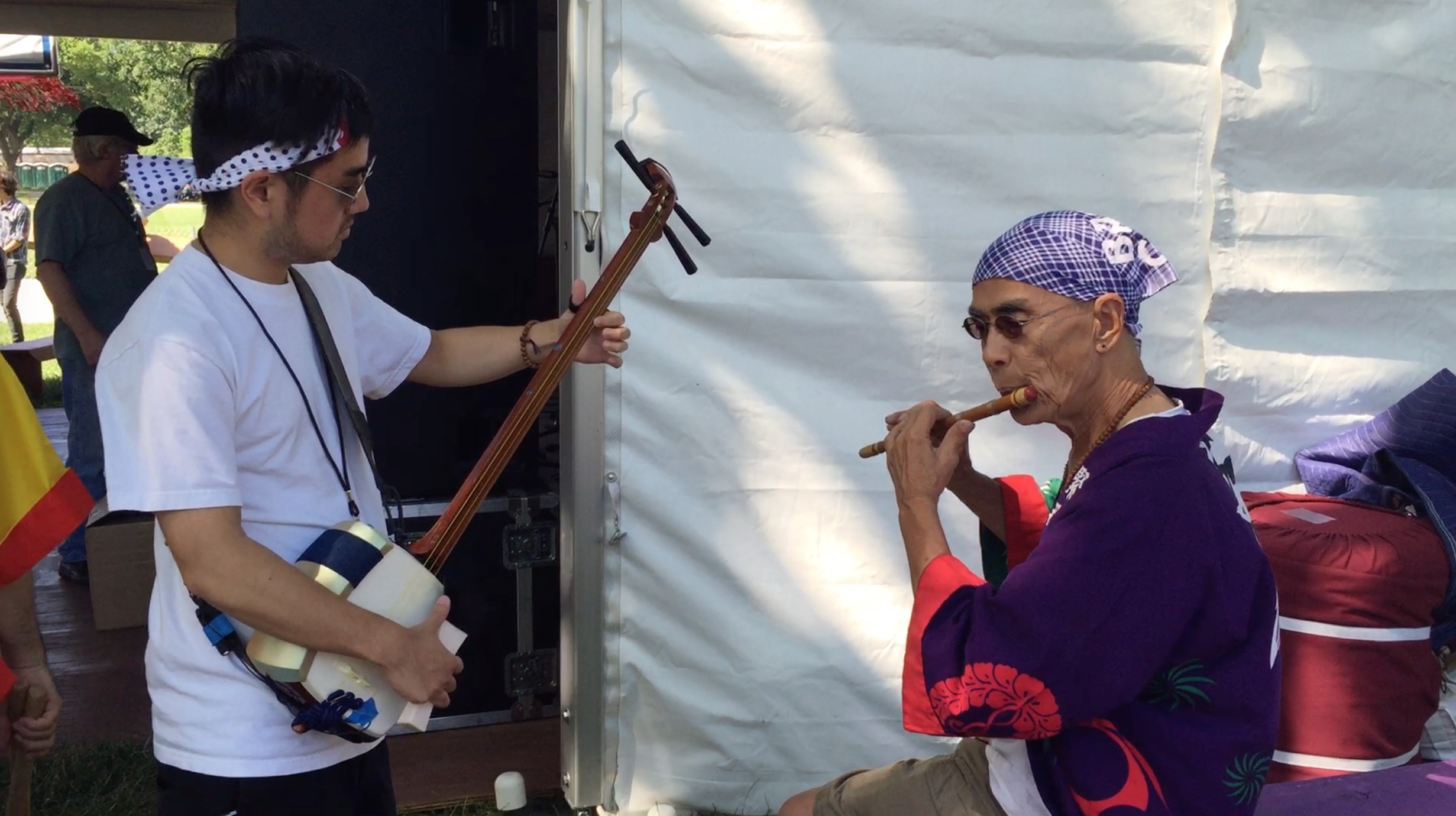WASHINGTON – This summer’s Smithsonian Folklife Festival is set to provide visitors a glimpse into the sounds and energy of different communities in one of the most diverse states of the country: California.
From Afghan to Afro-Cuban, from Japanese to Mexican, and with a dash of the indigenous Kumeyaay Indian, more than 60 California artists of diverse descent bring unique sounds that reflect their influences and heritage to this annual summer event designed to celebrate cultural traditions.
“These are traditions that families have kept for more than 100 years (while) being in America,” Nobuko Miyamoto, artistic director of Great Leap, who performs FandangObon, a blend of Fandango Son Jaracho music traditions from Veracruz, Mexico, and the Japanese tradition of Obon dance, at this year’s annual Folklife Festival.
The artists not only sustain their community and honor their heritage, but also reinterpret and remix traditions that overall shape the state of California, according to Sojin Kim, coordinator of The Smithsonian Center for Forklife and Cultural Heritage.
“If you think about the American culture and history, immigration and migration are really essential forces shaping it,” Kim said.
“And California is a state that is very much shaped by the migrations of many different people and their interactions over time. So we saw it as a really important place to highlight and show the ways in which the history shows itself in art and culture.”
Through the 10 days of the festival, the “Sounds of California” program features daytime performances and evening concerts at the performance tent, where visitors can interact with and learn new dance moves from artists. In the smaller “La Cueva” and “The Studio” tents, families and children can participate in a variety of activities, including basket- and instrument-making, games, and language, dance and music workshops.
The 2016 Smithsonian Folklife Festival, which also features the “Basque: Innovation by Culture” program, runs through July 10 on the National Mall in downtown Washington.

